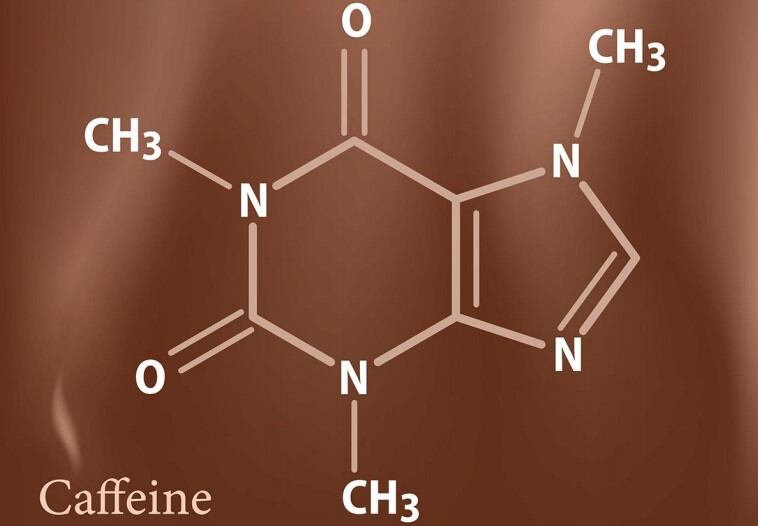In a call to businesses, authorities, organisations, universities, research and other institutions, the agency is requesting information about the product analysis results that include the methods of analysis used.
These details should include the methods used for validation of data, including particularly the limit of detection (LOD) and limit of quantification (LOQ).
“In our daily lives, we are exposed to caffeine from e.g. food, dietary supplements, cosmetics and PCPs,” the Norwegian Scientific Committee for Food and Environment (VKM) says.
“Therefore, estimations of the Norwegian population’s total caffeine exposure should include multiple sources of caffeine.
“For this reason, the Panel on Food Additives, Flavourings, Processing Aids, Materials in Contact with Food, and Cosmetics has initiated a risk assessment of caffeine, which will include exposure estimates from multiple sources.
“Data on caffeine concentrations in cosmetics and PCPs are required to make estimations about exposure.”
Caffeine in personal care
Caffeine has become an increasingly common ingredient in skin-care products due to its vasoconstrictive properties, meaning it may prove useful in reducing blood flow to inflamed skin thereby reducing the appearance of inflammation.
The ingredient also appears in eye creams and products dubbed ‘slimming creams,’ which claim to reduce cellulite either by restricting blood flow in the vessels or by stimulating enzymes that are said to break down fat.
With commercially available topical formulations said to contain around 3% caffeine, the cosmetics industry is further encouraged by caffeine’s antioxidant properties purportedly helping to protect cells against the UV radiation and slows down the skin’s aging process.
In addition, evidence points to caffeine’s ability to increase the microcirculation of blood in the skin and stimulates the growth of hair through inhibition of 5-alpha-reductase activity. This enzyme converts testosterone into the androgen, DHT that plays a role in hair loss.
Project objectives
In a document outlining the Protocol for a risk assessment of caffeine exposure from multiple sources, the agency outlines the assessment’s objectives that seeks to identify food and PCPs that contain caffeine and compile, evaluate and decide the caffeine concentrations.
Other objectives include the estimating the intake of caffeine containing foods and use of caffeine containing PCPs as well as the total caffeine exposure for different groups in the Norwegian population.
Norway’s populations targeted in the assessment includes children (from 4 years), adolescents, women and men. However, children aged 0 to under 4 years will not be included.
“The literature search for the hazard assessment will be limited to randomised controlled trials (RCTs) as this study design may provide data on causal relationship and, therefore, may be used to identify and characterise effects,” the protocol states.
Chair of the project group is Monica Hauger Carlsen, also member of the Panel on Food Additives, Flavourings, Processing Aids, Materials in Contact with Food, and Cosmetics.
Additional members of the Panel include Tove Gulbrandsen Devold, Berit Granum, Josef Daniel Rasinger, Jens Rohloff, Camilla Svendsen.
The deadline for submissions is set for 31 August 2020 with the assessment scheduled for publicationon during March 2021.

